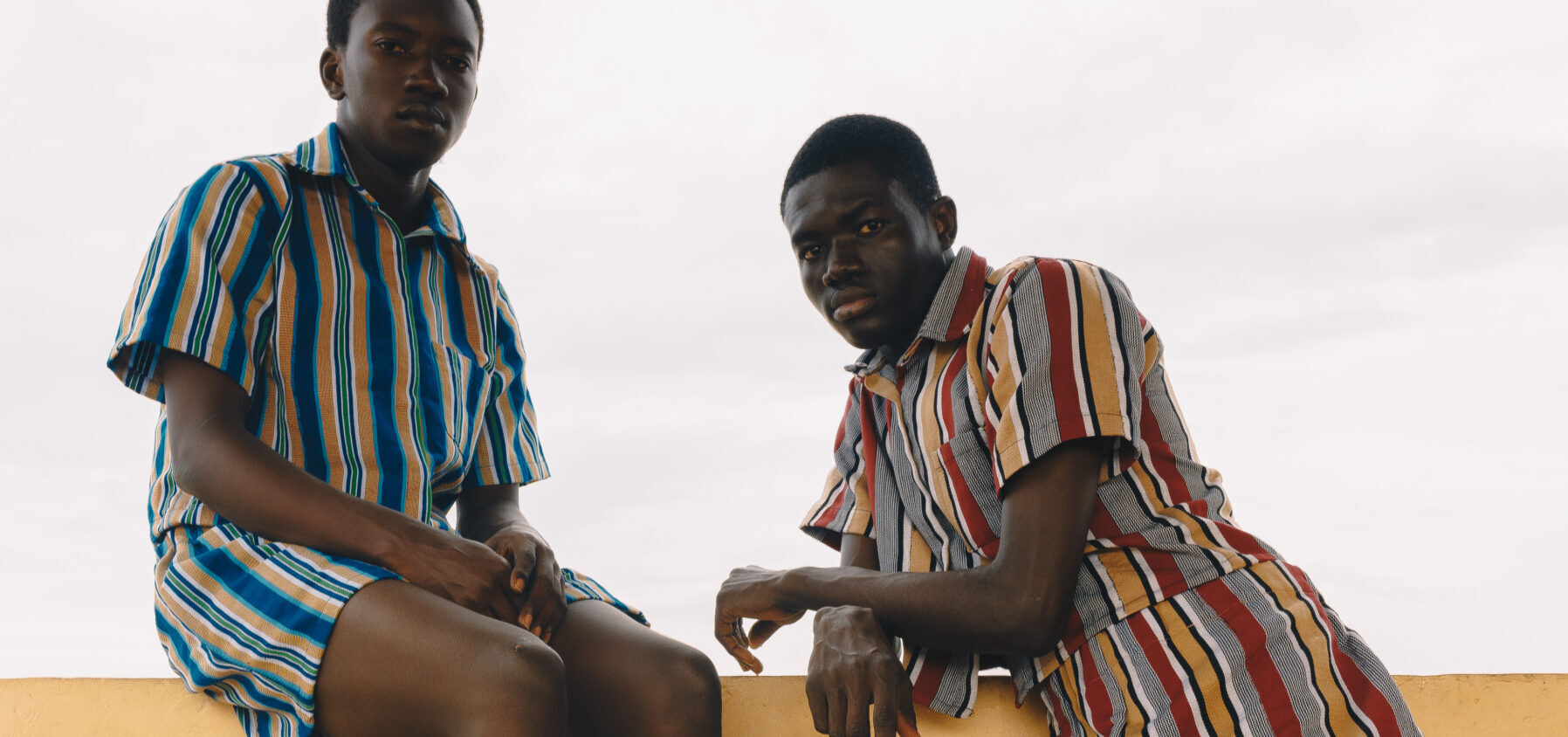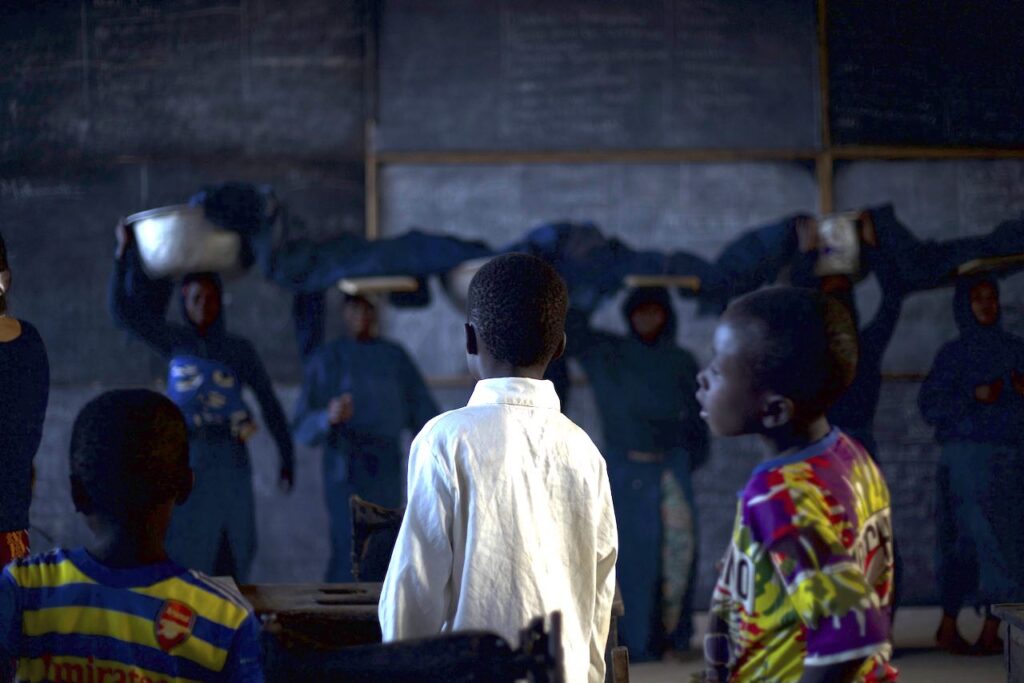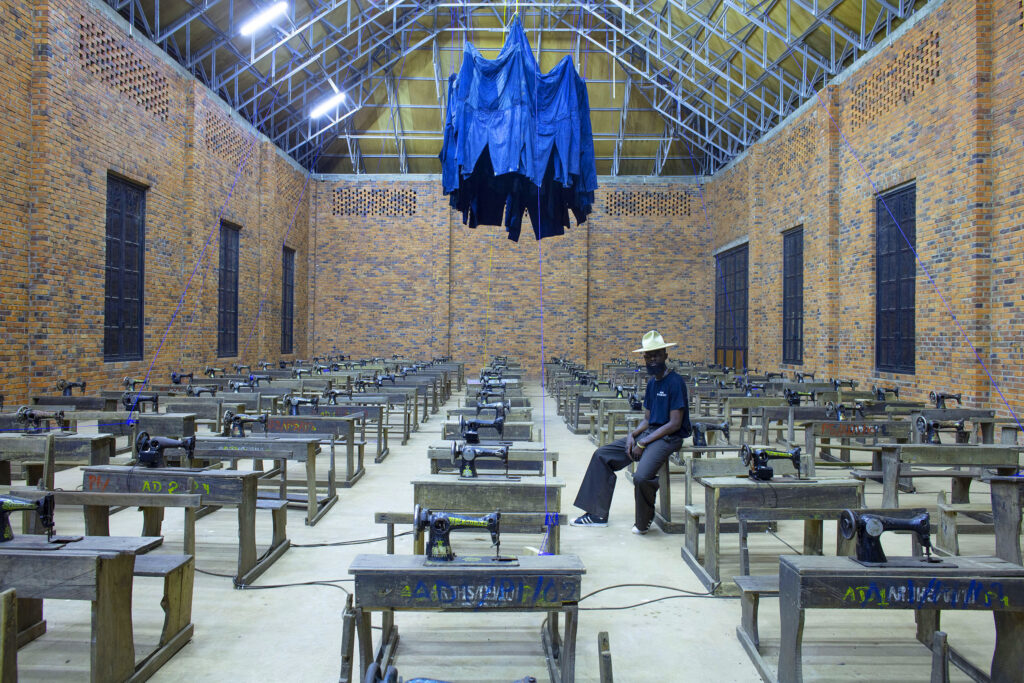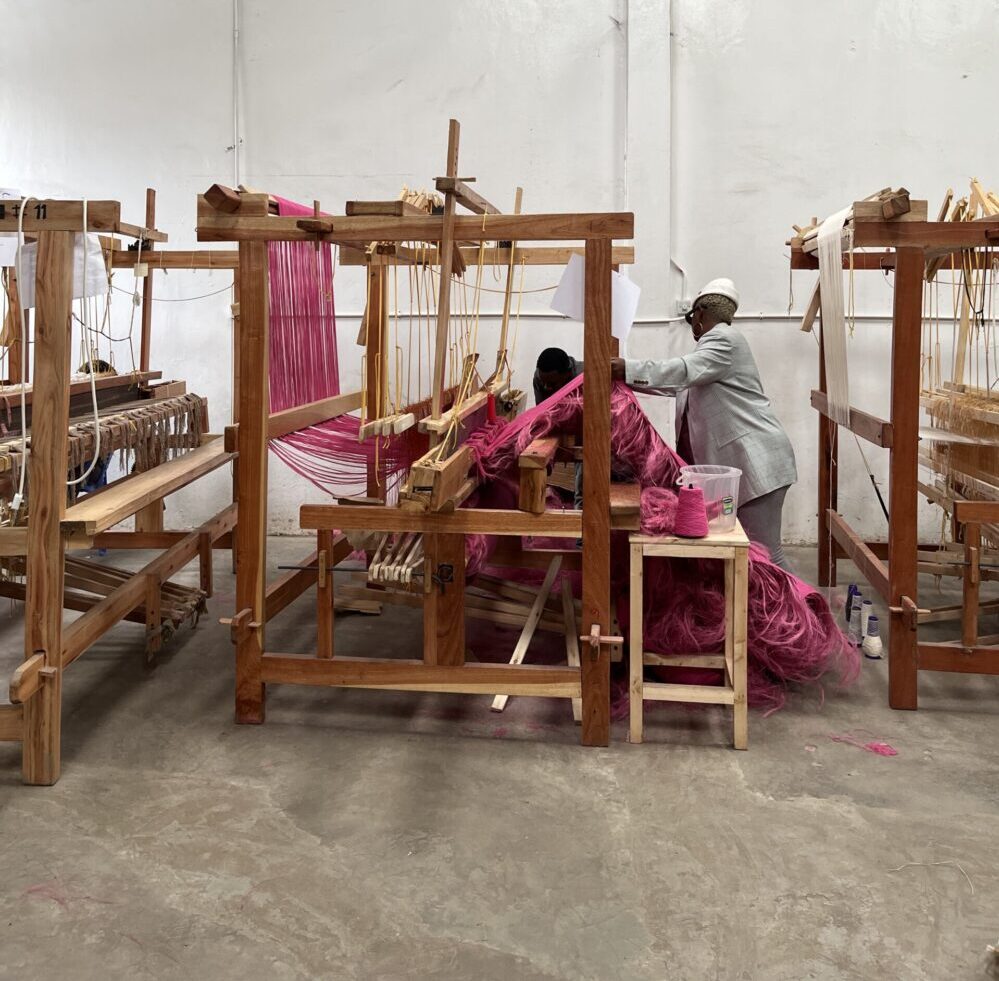
Roundabout
Get to know Roundabout, the gatekeeper-free knowledge source on sustainability and circularity



Get to know Roundabout, the gatekeeper-free knowledge source on sustainability and circularity

In conversation with the great minds behind Lagos labels This Is Us and Dye Lab

The fibre artist who unites the continent with her contemporary approach to sacred traditions